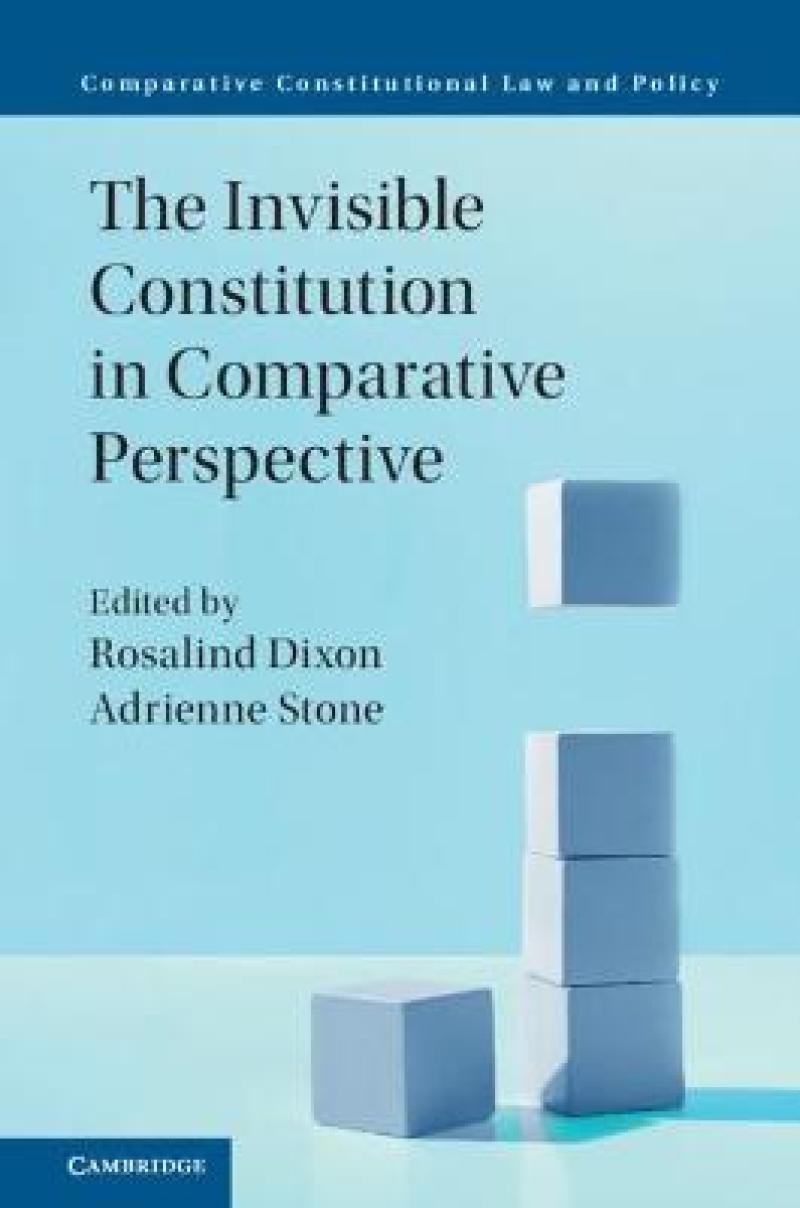'The invisible constitution, the small-c constitution, extraconstitutional rules, conventions and norms - these and similar ideas occupy a large space in contemporary thinking about constitutions. The essays in this collection wrestle with these protean concepts, using tools from legal theory, political science, and sociology. The concepts may remain elusive after one reads the essays, but the reader will undoubtedly have a better and more sophisticated grasp on their possible meaning.' Mark Tushnet, William Nelson Cromwell Professor of Law, Harvard Law School, Massachusetts
'Dixon and Stone have assembled a world-class group to investigate a subject of deep importance to all scholars of public law. Unseen but neither unknown nor uncontested, the invisible constitution raises serious challenges for constitutional design, constitutional interpretation and constitutional change. This volume addresses each of these and more, and does so with rich comparative perspectives that leave the reader asking foundational questions about the nature of higher law, the limits of codification, and the necessary and sufficient conditions for constitutionalism - the mark of an outstanding study in public law.' Richard Albert, University of Texas, Austin

